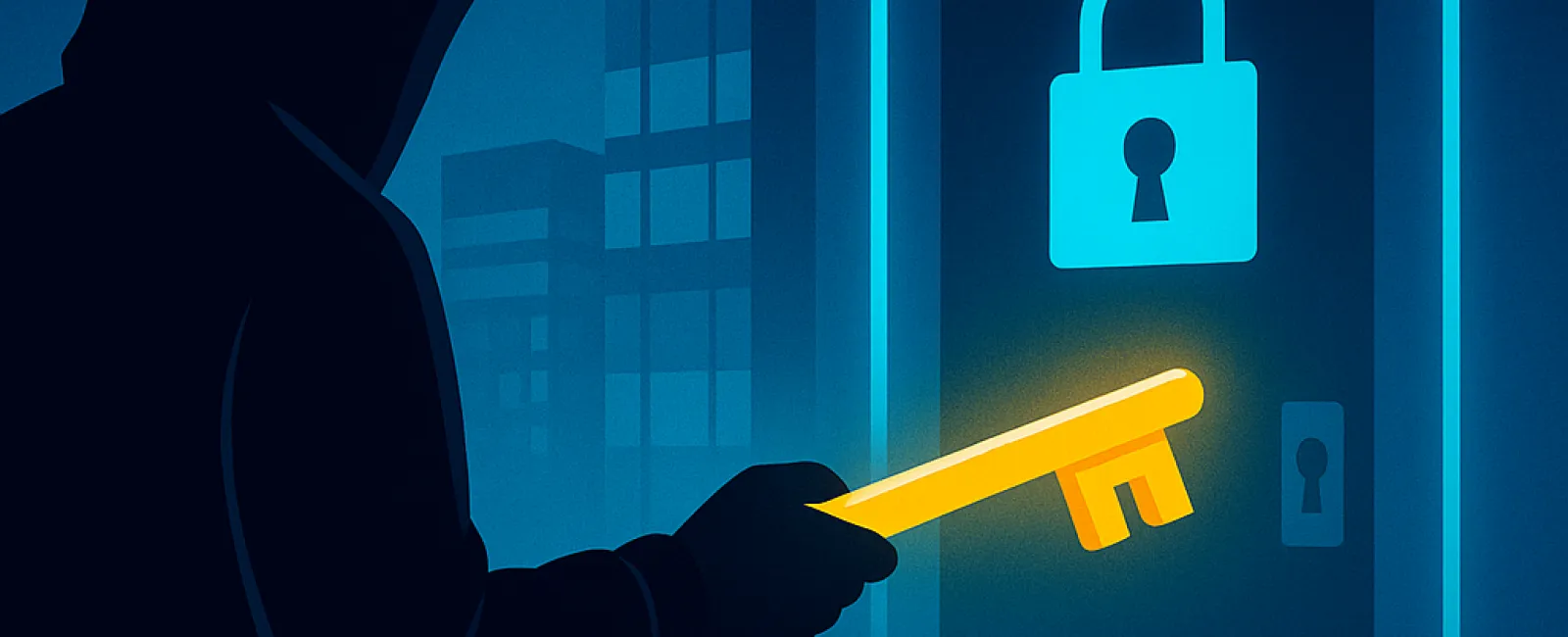August 04, 2025
Cybercriminals are evolving their tactics to target small businesses more effectively. Instead of forcefully breaking in, they now gain entry by stealing your most valuable asset: your login credentials.
This method, known as identity-based attacks, has surged to become the leading strategy hackers use to infiltrate systems. They capture passwords, deceive employees with convincing fake emails, or bombard users with login requests until someone unknowingly grants access. Unfortunately, this approach is proving highly successful.
In fact, a recent cybersecurity report revealed that 67% of major security breaches in 2024 stemmed from compromised logins. Even industry giants like MGM and Caesars suffered such attacks the year prior—highlighting that no business, big or small, is immune.
How Do Hackers Breach Your Defenses?
While many attacks begin with something as straightforward as a stolen password, hackers are employing increasingly sophisticated methods:
· Deceptive emails and counterfeit login pages lure employees into revealing their credentials.
· SIM swapping enables criminals to intercept text messages used for two-factor authentication codes.
· Multifactor authentication (MFA) fatigue attacks overwhelm your phone with approval requests until you mistakenly authorize access.
They also exploit vulnerabilities in personal devices and third-party vendors such as help desks or call centers to gain entry.
Protecting Your Business Made Simple
Here's the encouraging part: securing your company doesn't require advanced technical skills. Implementing a few key measures can significantly enhance your defenses:
1. Enable Multifactor Authentication (MFA)
Add an extra layer of security during logins. Opt for app-based or security key MFA, which offer stronger protection than SMS-based codes.
2. Educate Your Team
Your security is only as strong as your employees' awareness. Train them to identify phishing attempts, suspicious emails, and how to report potential threats.
3. Restrict Access Privileges
Grant employees only the permissions necessary for their roles. Limiting access minimizes damage if an account is compromised.
4. Adopt Strong Passwords or Passwordless Solutions
Encourage use of password managers or advanced authentication methods like biometric logins and security keys that eliminate reliance on passwords.
Final Thoughts
Hackers relentlessly pursue your login credentials, constantly refining their tactics. Staying one step ahead doesn't mean you have to face this challenge alone.
We're here to help you implement robust security measures that protect your business without complicating daily operations.
Ready to assess your business's vulnerability? Let's talk. Click here or give us a call at 703-879-2070 to book your 15-Minute Discovery Call.




